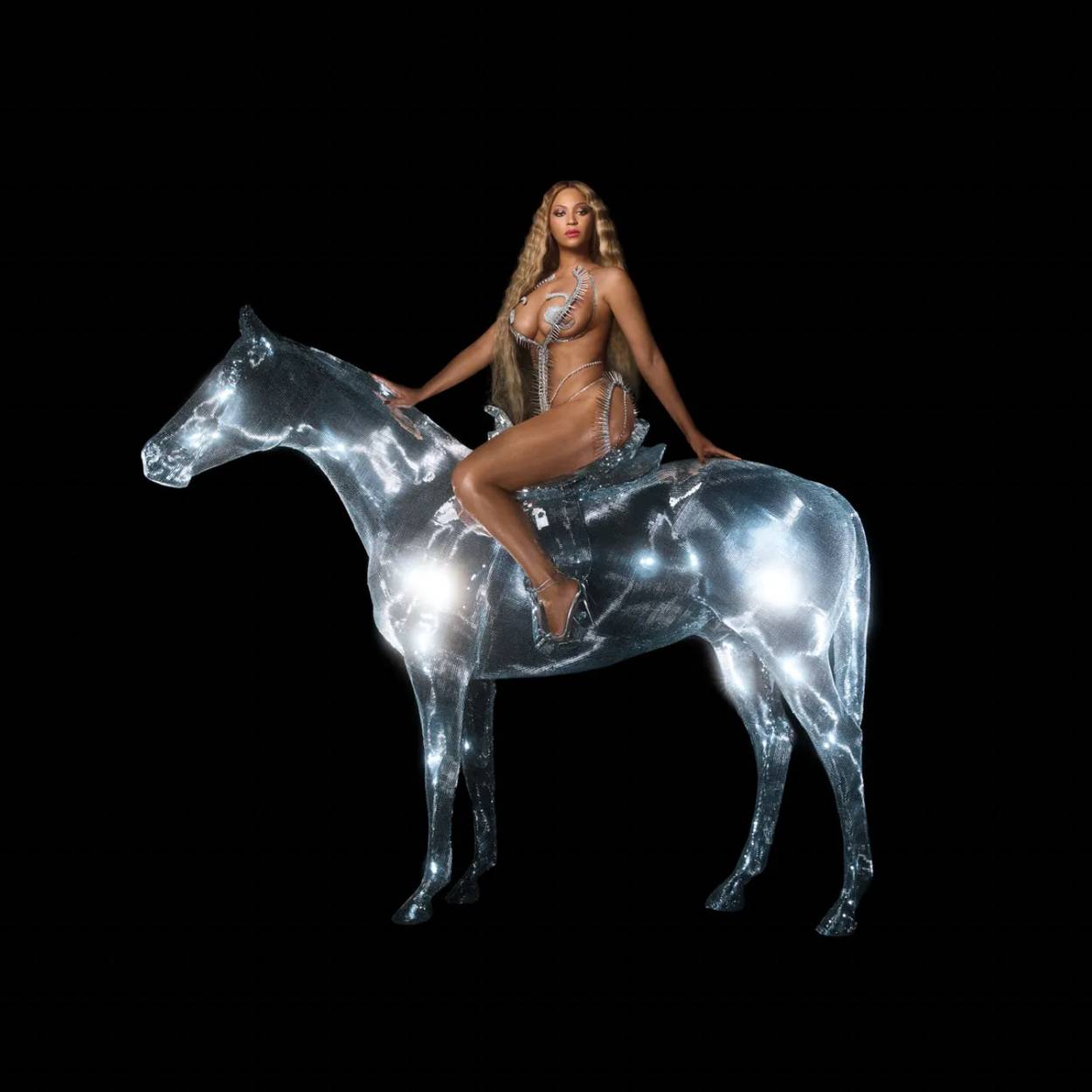Beyoncé’s Gospel Truth
Her latest project, ‘Renaissance,’ is an album in search of freedom




2013 was a moment of chaos and experimentation in the music industry. An era of traditional music rollouts seemed to be ending and nobody was quite sure what would come next. Lady Gaga, Katy Perry, and Eminem all suffered from leaks, Kanye West opted to ignore album rollouts altogether and release songs from Yeezus on video projections, and Jay-Z partnered with Samsung for Magna Carta Holy Grail. People were throwing anything at the wall and seeing what stuck.
It was at this moment that Beyoncé became Beyoncé. Yes, she’d already seen four albums go to the top of the Billboard charts, but the sudden release of Beyoncé in December 2013—without leaks— made every album she’d release afterward an event that would stand alone amid an increasingly fractured industry.
Beyoncé created a personal relationship with fans unmatched even in the Stan Era, and in 2016 Lemonade only deepened it with a public airing of her marriage with Jay-Z, which had been rocked by an affair. Lemonade saw Beyoncé experimenting as she never had before, jumping between rock, country, and R&B as she told the multifaceted story of someone who had risen past every expectation only to find that it wasn’t enough.
Now, in 2022, comes her latest album, Renaissance, which presents another fascinating curve in her trajectory. With its traditional release, it stands opposed to her self-titled 2013. With its focus on a single genre, nobody would mistake it for Lemonade. Yet it’s somehow as personal, as surprising, and experimental, as her albums of the 2010s.
If you’ve heard one thing about Renaissance, it’s that it’s Beyoncé’s dance album. If you’ve heard a second and third thing, it’s that Renaissance is a tribute to Bey’s Uncle Jonny, and that the album is a tribute to the ball culture of the 1970s and 1980s. It’s worth reading Craig Jenkins to understand how the era of Nile Rodgers and Diana Ross finds itself in a 2022 album of the year contender. But it’s also worth just listening.
The first thing that somebody listening to Renaissance all the way through might notice are its transitions. Where does “Energy” begin and “Break My Soul” end, where does “Church Girl” start and where does “Plastic Off The Sofa” end? You’ll realize that you’re into a new song about halfway through. In an era where mix-and-match playlists are the norm and tracks are built for algorithms, Renaissance is focused on the medium of the album.
Personally, I found Lemonade’s mixture a hair more intriguing, with higher highs in “Hold Up,” “Daddy Lessons,” and “Formation.” Critics disagree on the matter, with Renaissance getting the higher Pitchfork score and the slightly higher Metacritic average (these are probably my top two Beyoncé albums, with the timeless B’Day in third). Maybe that’s because if Renaissance is somewhat lacking in singles, that’s a feature, not a bug. This is an album you play from start to finish, operating with a sense of cohesion that’s more like Larry Levan DJing Paradise Garage than a Spotify playlist.
The lyrics of Renaissance are raunchy and free, moving from feeling “cozy in my skin” to casual BDSM references. If Lemonade was an album delving into the internal, Renaissance is, a few familial references notwithstanding, locked in on the external. It’s less of a look behind the curtain, more of an invitation to the party.
But don’t we reveal our true selves in our moments of ecstasy, when we dance like nobody’s watching? This album swoons and seduces, even if you’re not picking up every reference to “hunty,” Freeknik, or Robin S. It’s an album that lets the listener learn by doing, learn by experience, learn by dancing. It’s an album in search of freedom—“you won’t break my soul,” goes the chorus to the lead single. After a few beats, it becomes impossible not to sing along. And once that becomes the gospel truth, all things feel possible when listening to Renaissance.
David Meir Grossman is a writer living in Brooklyn. His Twitter feed is @davidgross_man.